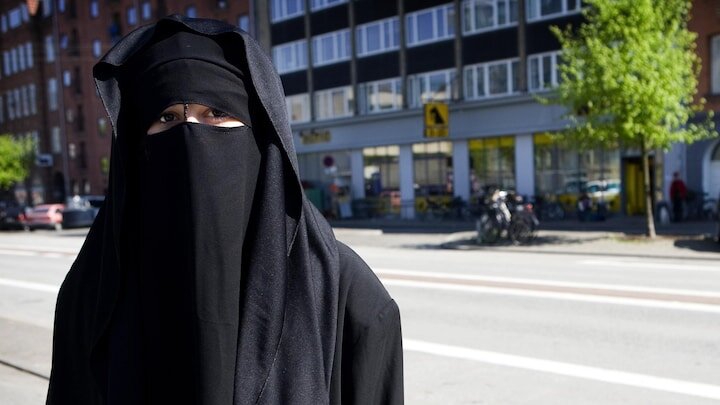The rise of Islamophobia in England since the 2005 terrorist attacks has subjected millions of Muslims—especially women—to constant threats and fear.
The Lingering Trauma of July 7, 2005
For many Muslims, including those in the UK, the London bombings on July 7, 2005, remain deeply traumatic—and continue to evoke a sense of insecurity. But this atrocity also triggered a shift: it forced society to confront the identities of English Muslims and raise uncomfortable questions—why aren’t they free to choose their religion without suspicion?
The Scale of the 2005 Attacks and Their Fallout
According to police, the coordinated attacks involved four bombs in London, killing 52 and injuring over 700. In the following three days, 180 terrorist-related incidents targeting Muslims were reported.
A Migration Exodus
Surveys by The Guardian reveal that since 2005, at least two-thirds of British Muslims have emigrated. A prominent religious speaker in the UK noted that Islamophobia has steadily worsened over the past two decades, fueled by rising extremism, terrorism, and anti-Muslim policies .
The Tragic Case of Jean Charles de Menezes
The speaker added: English-Muslim Jean Charles de Menezes—a Brazilian-born man—survived the initial July 7 attacks but was later mistakenly identified by police as a bomber. He was shot dead by officers at Stockwell station without questioning, despite being an innocent passerby.
Demographics of Muslim Britain
As per the Muslim Council of Britain, England’s Muslim population is notably young, with the majority under 19. Census data from 2021 shows Muslims make up 6.5% of England’s population and nearly 3.9 million people across Wales .
A Personal Account: Shaista Gohir
In an interview with The Guardian, Shaista Gohir, a Muslim woman born and raised in the UK, shared that racism and Islamophobia have been constant facets of her life in Britain:
“As a British-born Muslim woman, experiences of racism have always been part of my life in the UK.”
From: hawzanews


